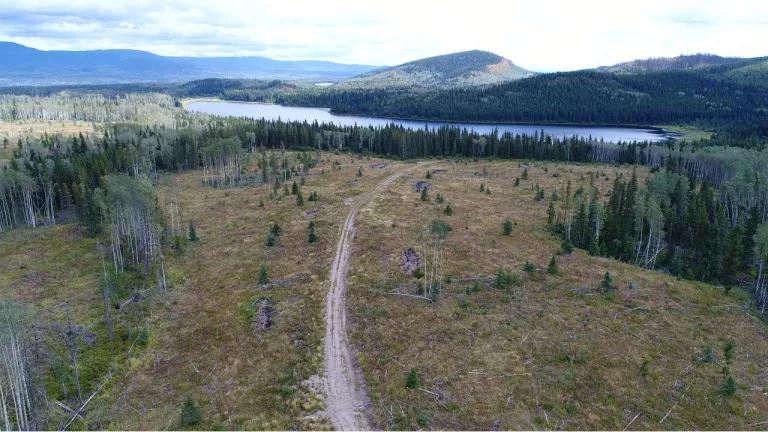Burning Trees for Electricity Will Accelerate Climate Change and Destroy Southern Forests
Power companies in the United States and Europe are expanding their use of trees -- known as woody biomass -- as a fuel source to replace fossil fuels. The wood is chipped or turned into pellets and burned in power plants just the same as coal. To meet this increasing demand, a new, rapidly growing industry of manufacturing facilities has emerged across the southeastern United States to supply wood fuel to electric utilities on both sides of the Atlantic. In the Southeast, the massive fuel needs of these energy companies could double logging rates and significantly increase carbon emissions, contributing to climate change at a time when we need to actively cut our carbon pollution. As important, local forest ecosystems and watersheds could be devastated.
Americans know how valuable our forests are, in the Southeast and across the country. In addition to providing one of the best tools to fight climate change, forests filter water, give us open spaces to hunt, fish, and camp, and provide habitat to a multitude of species. If big power plants turn increasingly to whole trees for their fuel, it will intensify pressure to overharvest our forests, threatening our climate, wildlife, land, and water. For the biomass industry to grow in a way that helps reduce pollution and protects our forests, large power companies and pellet manufacturers must commit to a wood-sourcing policy that excludes whole trees.




